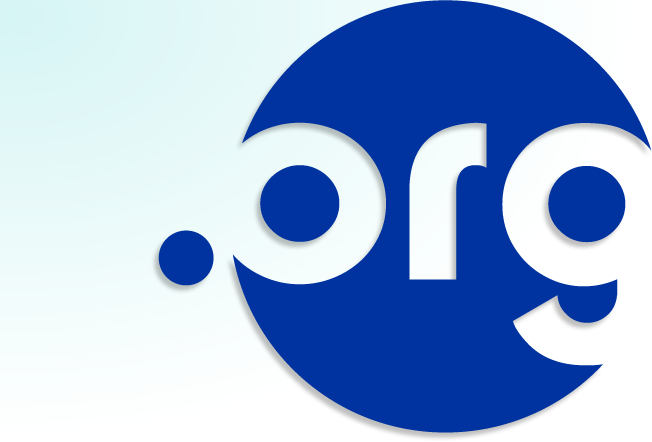
At the end of 2019, the announcement of the .org registry’s sale, Public Interest Registry (PIR) by Internet Society to Ethos Capital, a private equity firm, created a debate, which was also the subject of a previous article on this blog.
For reminder, this announcement caused several concerns from NGOs, such as the increase of .ORG prices and the implementation of rights protection policies that could lead to a form of censorship, as is already the practice in some countries. These fears led Electronic Frontier Foundation (EFF) to launch the SaveDotOrg campaign to raise awareness about the potential impact of this sale. To date, 846 organizations and 25 119 people have signed this petition demanding Internet Society to stop the sale.
In front of these many complaints, ICANN postponed the approval of the .ORG registry’s sale to Ethos Capital and requested additional information from Internet Society.
« Public Interest Commitments »: The measures proposed to address the .ORG community’s concerns
In response to these criticisms, Ethos Capital and Public Interest Registry try to reassure by proposing the implementation of “Public Interest Commitments” (PIC), binding commitments which would ensure that the .org prices’ increase would be limited.
Among these commitments, they also propose the creation of a “Stewardship Council” (a council for the .org management) which could influence decisions taken by PIR and thus ensure the preservation of freedom of expression.
These PIC would be added to the Registry Agreement, the contract between the registry and ICANN regarding the functioning of the registry.
A for-profit registry to defend non-profit organizations?
During the last ICANN summit, organized remotely from 7 to 12 March 2020 because of the Covid-19 pandemic, several NGOs, including EFF, mentioned this .ORG registry’s acquisition by Ethos Capital and asked ICANN about how it plans to review the change of control of the .ORG registry.
According to EFF, forming a “Stewardship Council” will not resolve the NGOs’ concerns. Indeed, the initial members of this council will directly or indirectly be selected by PIR and PIR will have the ability to veto new council members, which would thus ensure that the council will stay in lockstep with PIR.
Regarding the .ORG prices, according to NGOs, the implementation of the PIC doesn’t ensure a limitation of the prices increase. An amending of the Registry agreement can be negotiated at any time by the registry’s owner and ICANN, despite a public opposition. That’s what happened in June 2019, when the .ORG Registry Agreement was revised to diminish registrants’ rights and remove price caps. Furthermore, ICANN indicated in 2019, its interest in exiting the role of price regulation, but the PIC implementation would place ICANN back into that role.
Therefore, according to NGOs, these “Public Interest Commitments” would not protect adequately the .org community.
The NGOs’ questions remained without answer during the last ICANN summit, and this acquisition is still under review by ICANN.
“We acknowledge the questions and concerns that are being raised” says ICANN. “To ease those concerns and maintain trust in the .ORG community, we urge PIR, ISOC, and Ethos Capital to act in an open and transparent manner throughout this process. […] We will thoughtfully and thoroughly evaluate the proposed acquisition to ensure that the .ORG registry remains secure, reliable, and stable.”
To be continued.

